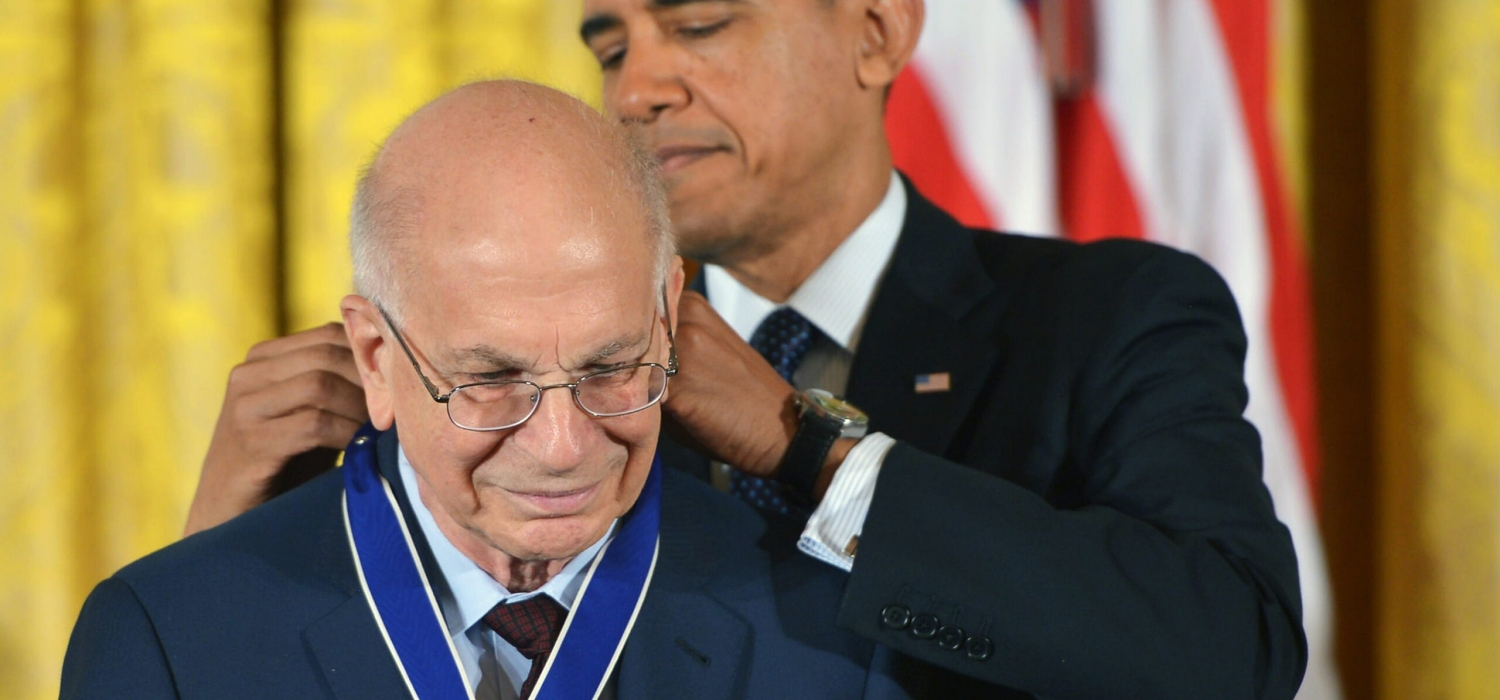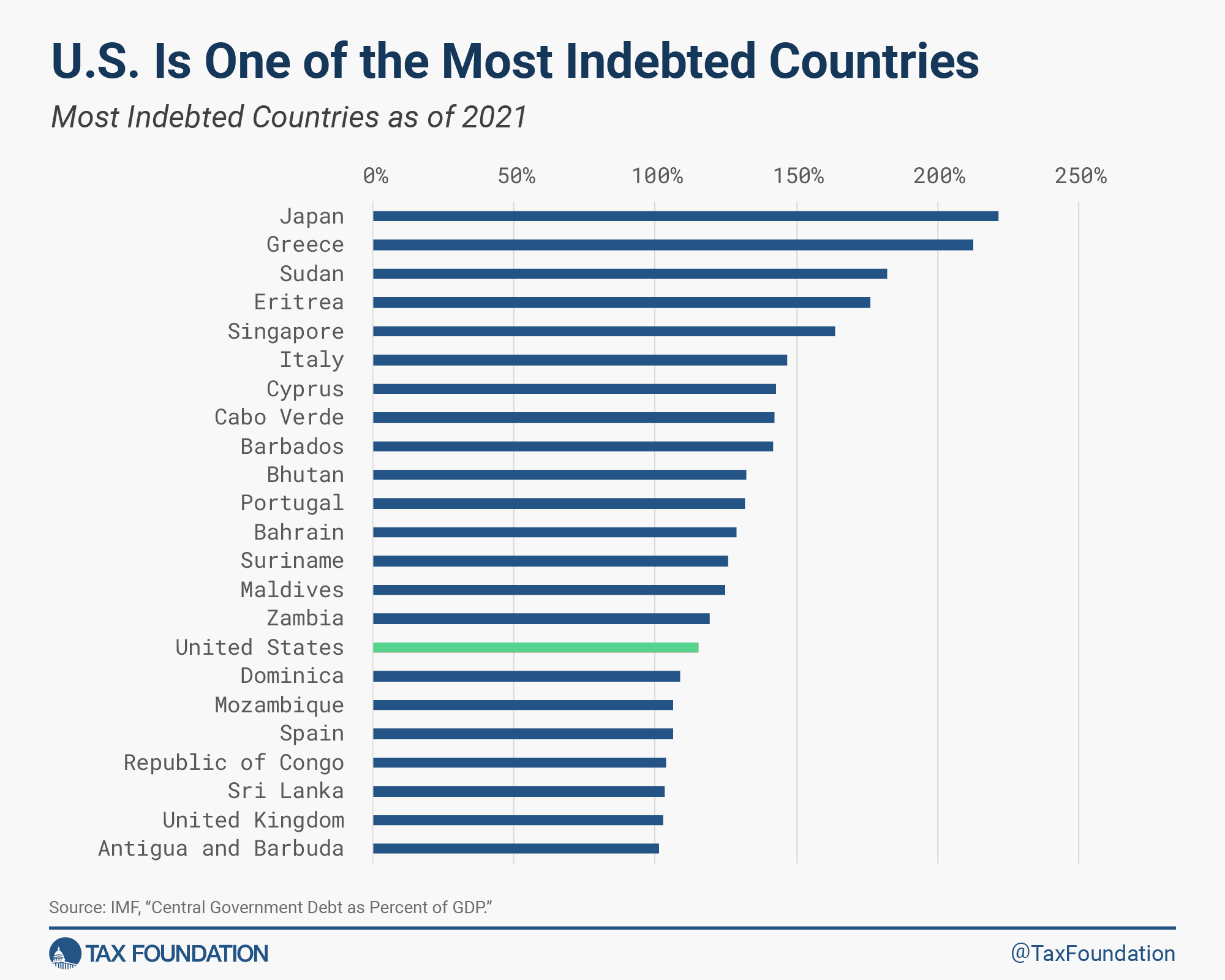Remembering Daniel Kahneman, The Psychologist Who Upended Economics
Perhaps the two most influential economics thinkers of the past half-century were not economists at all. Psychologists Amos Tversky, who died young in 1996, and Daniel Kahneman, who passed away last month at age 90, upended the way we think about finance and economics, including the economics of tax.
Until Tversky and Kahneman, the idea that rational people inevitably would act in a way that maximizes their income was a bedrock belief of economists: Raise taxes on labor and people will work less. Make retirement savings tax free and they will save more.
These truths made economics easy to understand and, perhaps as important, easy to model. If people predictably act in their economic self-interest, you can write a formula that can relatively accurately predict how they will respond to an incentive.
Changing Everything
Then, starting with a 1979 paper, Twersky and Kahneman changed everything by showing it isn’t that simple at all. Thanks to what Kahneman described as “kinks” in the human brain, we rarely act in a way that could be objectively described as rational. To add to the confusion, some of our biases are predictable, though not in the way economists thought. Others are unpredictable, at least so far.
For example, traditional economic theory said if you give workers a tax break to save for retirement, they will. Yet decades of empirical evidence showed that few ever put money aside. But workers will save if their employers “nudge” them by automatically enrolling them in a 410(k) or even by merely suggesting a contribution rate.
The Constant Battle
When they first met at the Hebrew University in Jerusalem, Twersky was a mathematical psychologist (yes, there is such a thing) and Kahneman was a psychology professor.
Through a series of simple experiments over decades, the two colleagues showed that one thing about humans is that they often are not rational at all. In his extraordinary book “Thinking, Fast and Slow,” Kahneman explained how human decision-making is a constant battle between the intuitive mind (thinking fast) and the analytical (thinking slow).
His insights have been applied in fields from medicine to marketing to law. For example, it turns out that judges pass harsher sentences after their local football team loses and doctors are more likely to order cancer screenings early in the morning.
Going Mainstream
Eventually, the usually self-effacing Kahneman acknowledged he was the “grandfather of behavioral economics.” Academic economists resisted his ideas for decades but, eventually, the results of his experiments were unassailable.
In one famous study, he found people would travel 20 minutes to buy a calculator for $10 instead of $15, but would not make the same trip to save the same $5 by buying a jacket for $120 instead of $125.
While Kahneman’s ideas have found their way into the mainstream of the field, many economists still grumble about how they can be applied. After all, if humans must contend with a myriad of pre-wired biases, how can economists ever reduce all those often-conflicting variables to a functioning model? And if human behavior is too complex to model, some ask, what are we left with?
Yet, my TPC colleague Eric Toder says that Kahneman not only taught economists about the biases of humans at large but he also warned them to be aware of their own preconceptions. After Kahneman’s passing, Eric said, “He has instructed us that our initial reactions to a question are often wrong (and in systematic ways) and it therefore is important to correct the biases that mislead us by thinking things through.”
What It Means For Policy
Kahneman’s insights apply to public policy as well as individual behavior. One example: loss aversion—the idea the people are driven more by the fear of loss than the opportunity to gain.
It is what motivates investors to sell into a falling market when they should be taking the opportunity to buy shares at reduced prices. And it is why once lawmakers have cut taxes, it is almost impossible to raise them without enormous blowback from voters.
We likely will relearn this lesson in human psychology next year when Congress confronts the expiration of the individual provisions of the 2017 Tax Cuts and Jobs Act. And, as Kahneman might have predicted, they inevitably will be tempted to extend nearly all those tax cuts, at a 10-year cost of up to $3.5 trillion, notwithstanding historic budget deficits.
Behavioral economics now is broadly accepted. Along with Vernon Smith, Kahneman won the Nobel Prize for economics in 2002. Tversky should have shared it but was ineligible because had died. A Kahneman student, Richard Thaler, won another Nobel for advancing behavioral economics in 2017.
As my TPC colleague Len Burman puts it, “Kahneman was a revolutionary who brought economics a little closer to the real world.”






